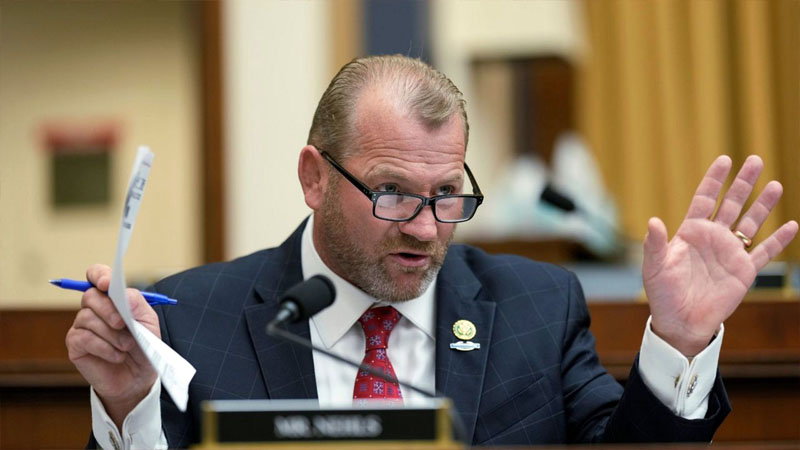Exclusive content

United States representative Troy Nehls and bipartisan co-sponsors have introduced the Save Our Shrimpers Act, targeting international financial institutions’ funding of foreign shrimp industries. The bill seeks to safeguard US taxpayer funds from being utilized in activities related to shrimp farming, processing, or exports abroad.
Southern Shrimp Alliance’s Concerns
The initiative comes in response to concerns voiced by the Southern Shrimp Alliance (SSA) regarding the adverse impact of international financial support on the domestic shrimp market. SSA’s report, “A Crisis of Our Own Making,” highlights the role played by institutions like the World Bank in fueling excess shrimp aquaculture capacity globally.
Previous projects financed by these institutions have led to an oversupply of shrimp in world markets, severely affecting US shrimpers. The surplus has caused a significant decline in shrimp prices, resulting in a loss of USD 1.5 billion in import value since 2021. Coastal communities along the Gulf of Mexico and the South Atlantic, dependent on the shrimping industry, are particularly vulnerable.
Ecuador’s Manipulated Surge
The SSA’s investigation reveals a concerning trend in Ecuador, where international funding has spurred a dramatic increase in shrimp exports to the US This surge, facilitated by multilateral development banks, has flooded the market with Ecuadorian shrimp, leading to declining prices and further exacerbating the challenges faced by American shrimpers.
Despite objections from the US Executive Director, international financial institutions persist in financing projects aimed at expanding foreign shrimp production. The recent announcement of a USD 20 million loan to Omarsa S.A., an Ecuadorian shrimp company, underscores the urgency of addressing this issue. Despite rare opposition from the United States, the project proceeded, indicating a concerning trend in prioritizing foreign interests over domestic industry.